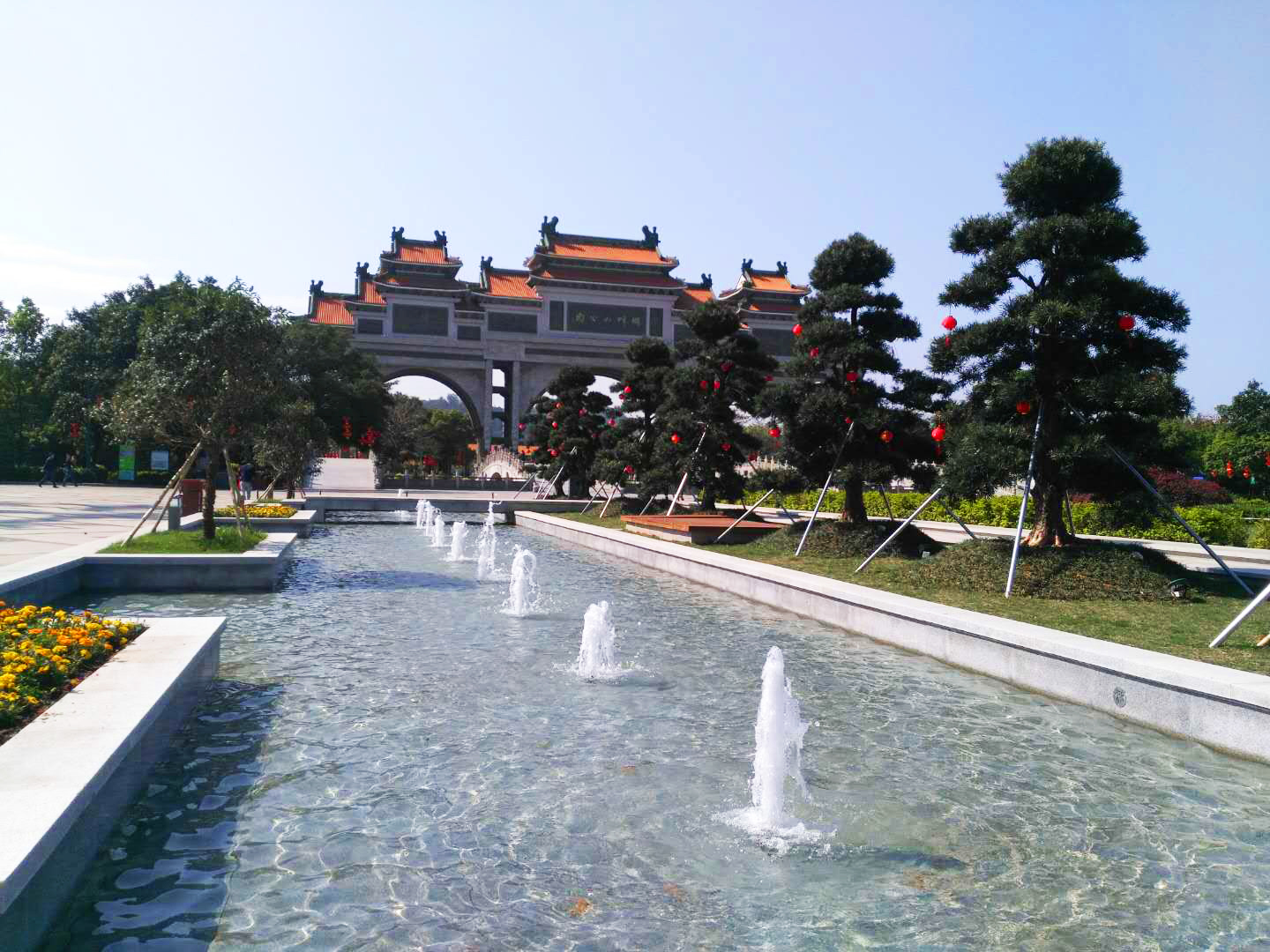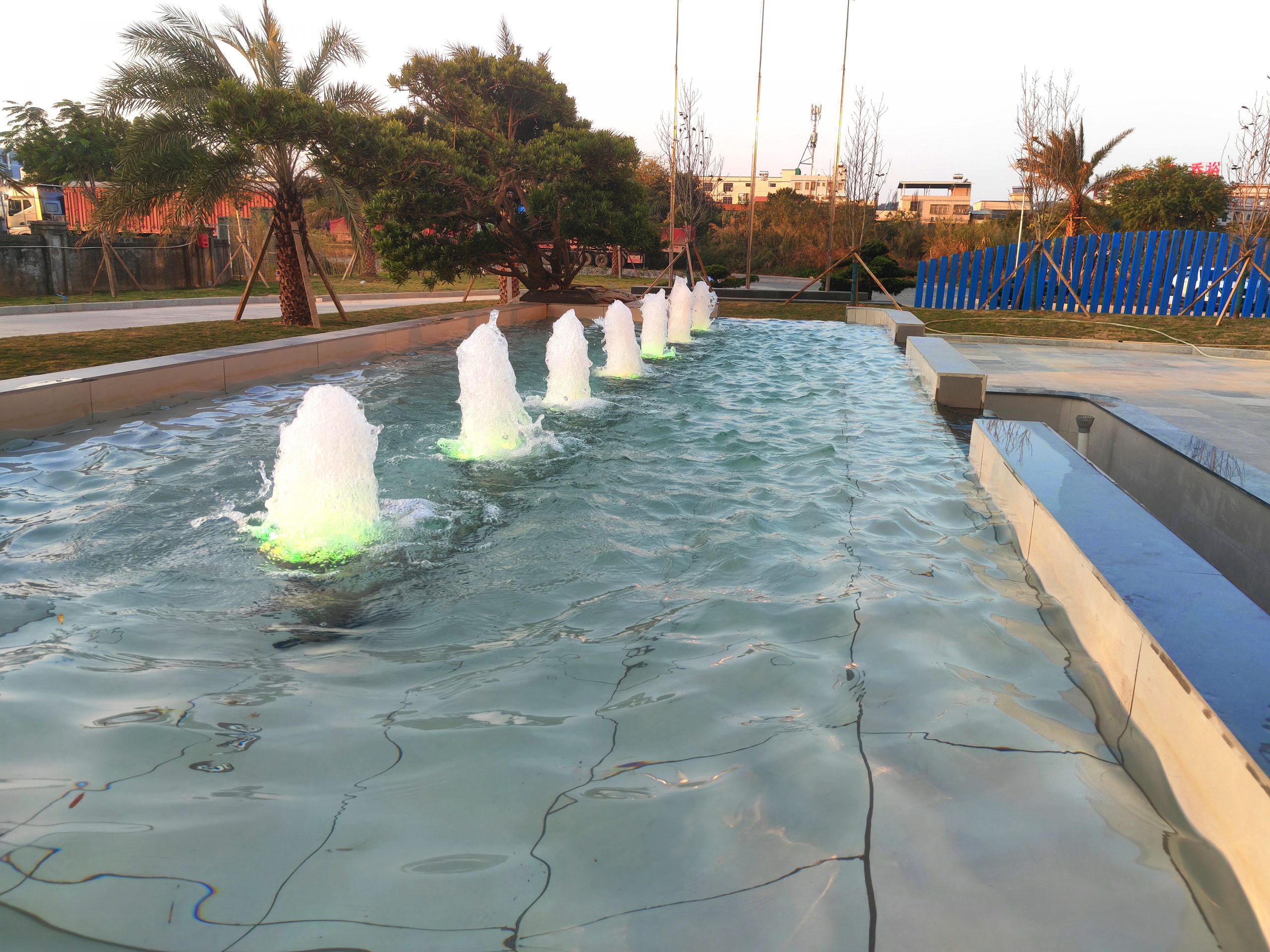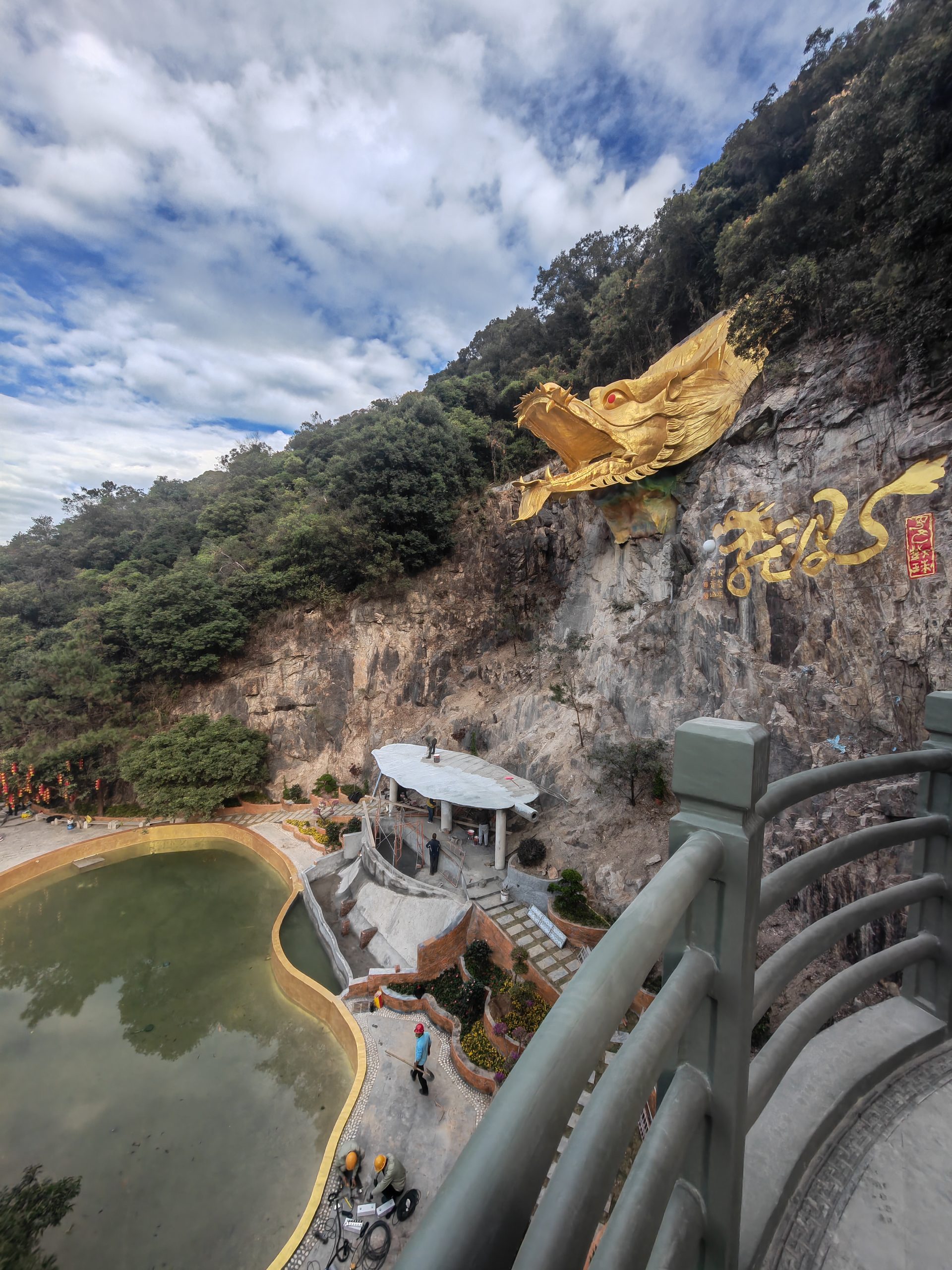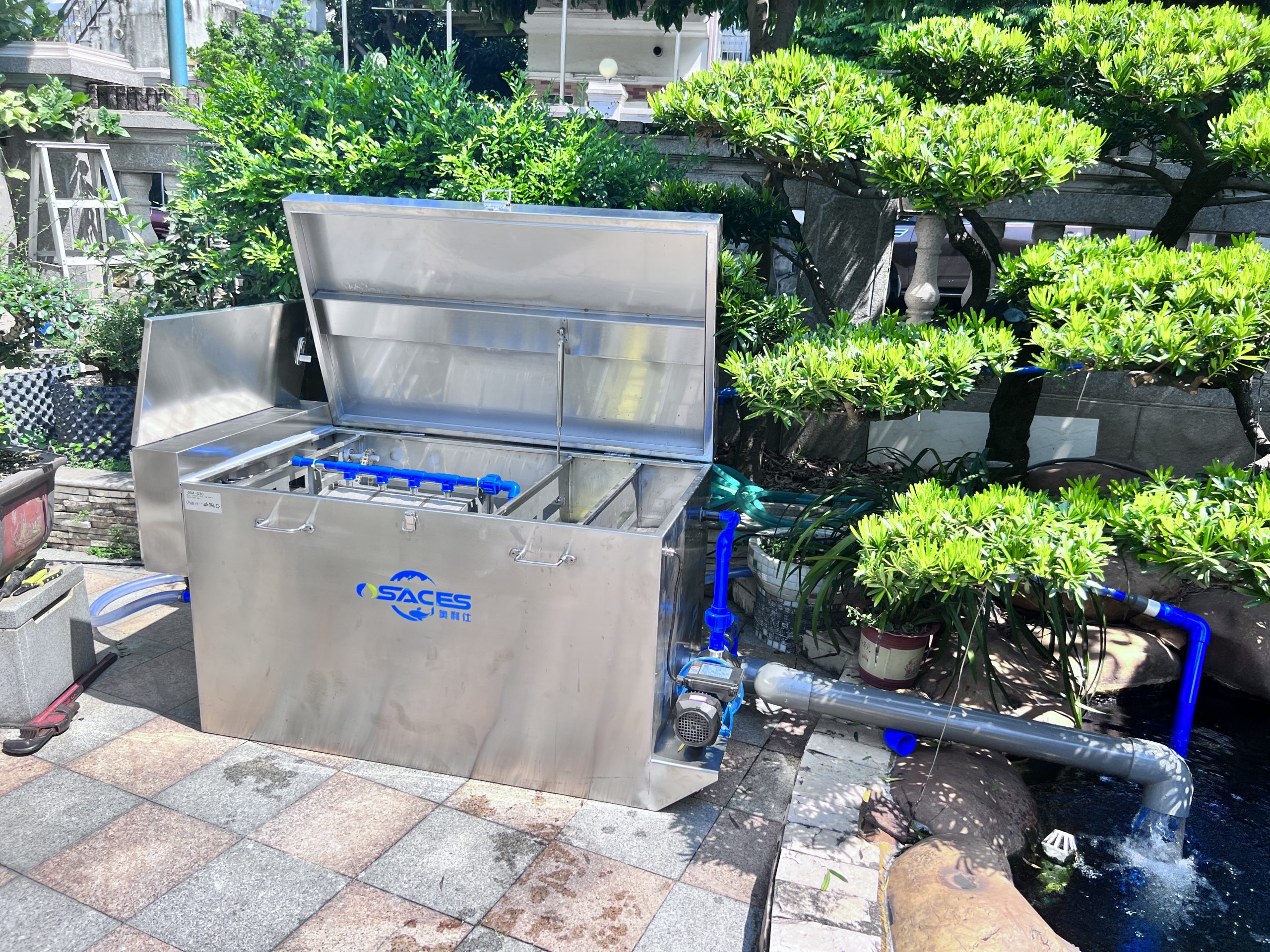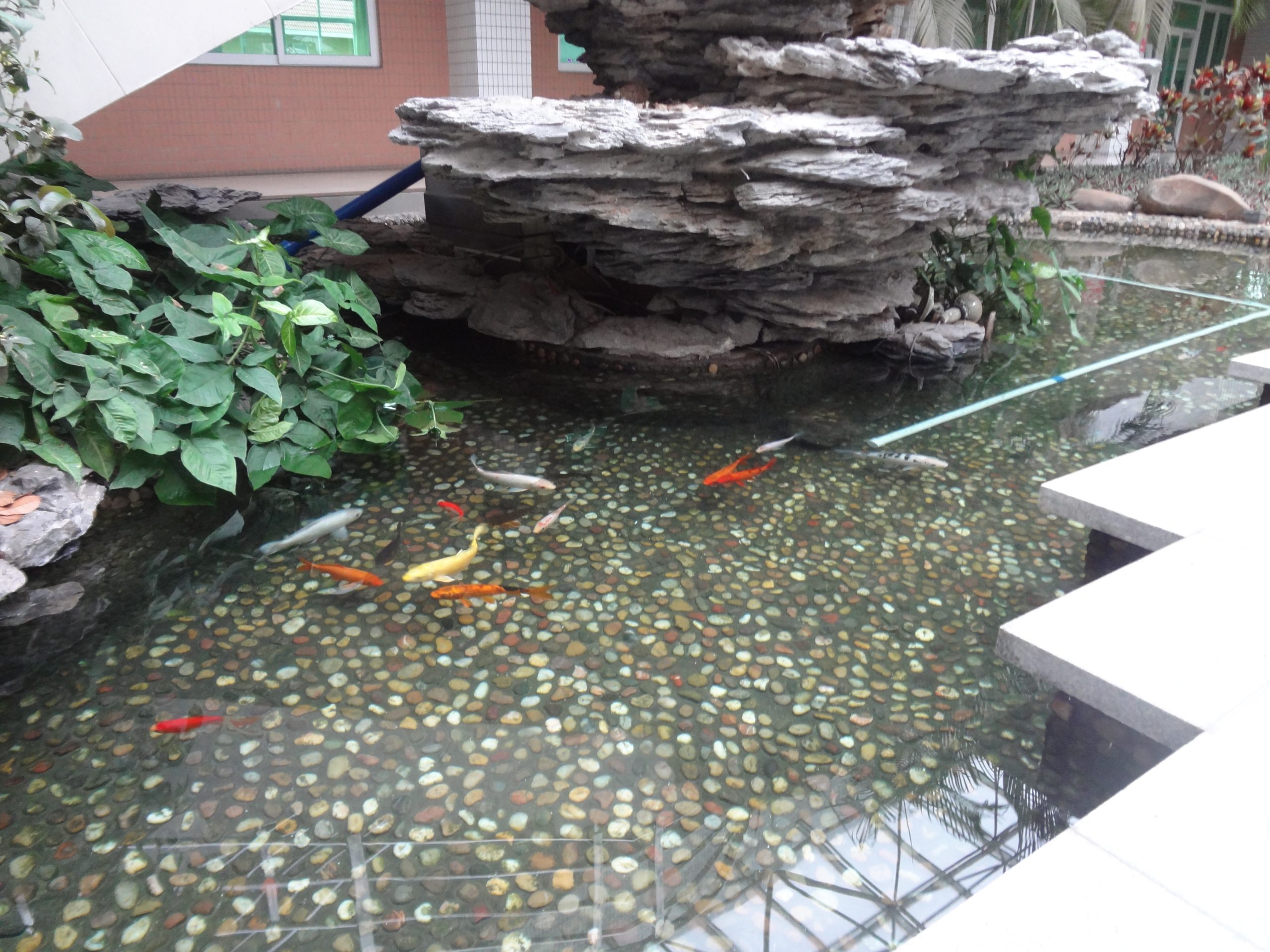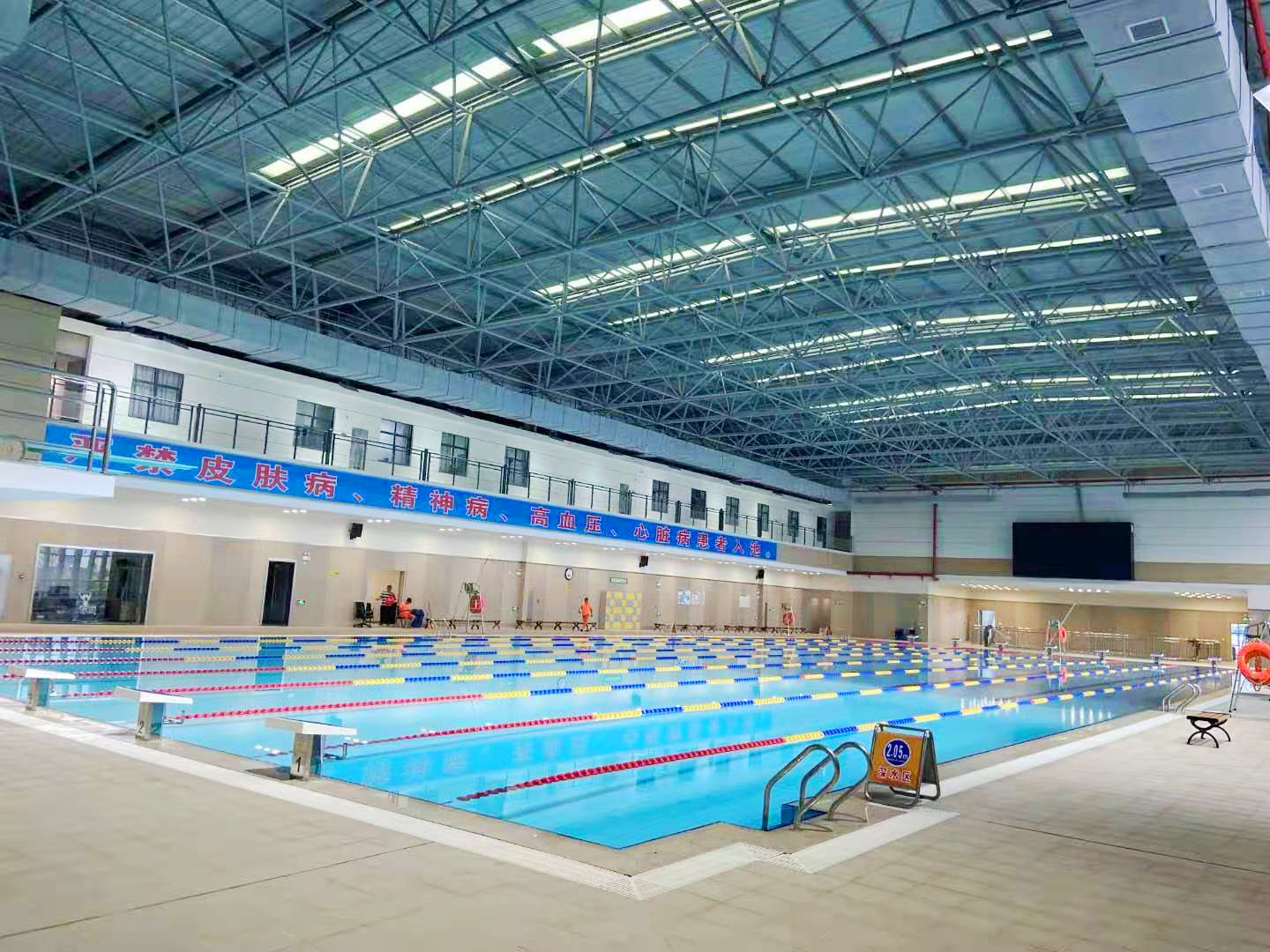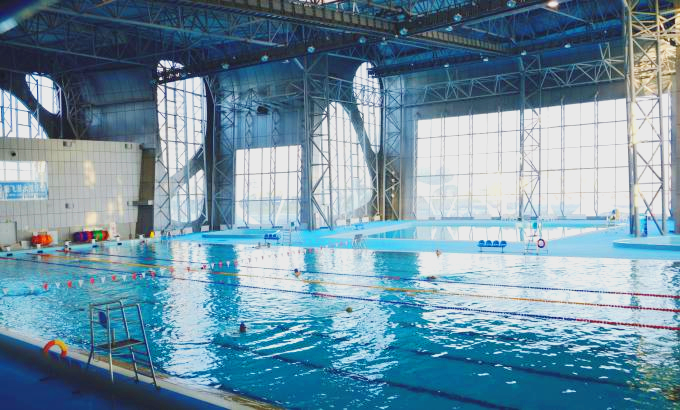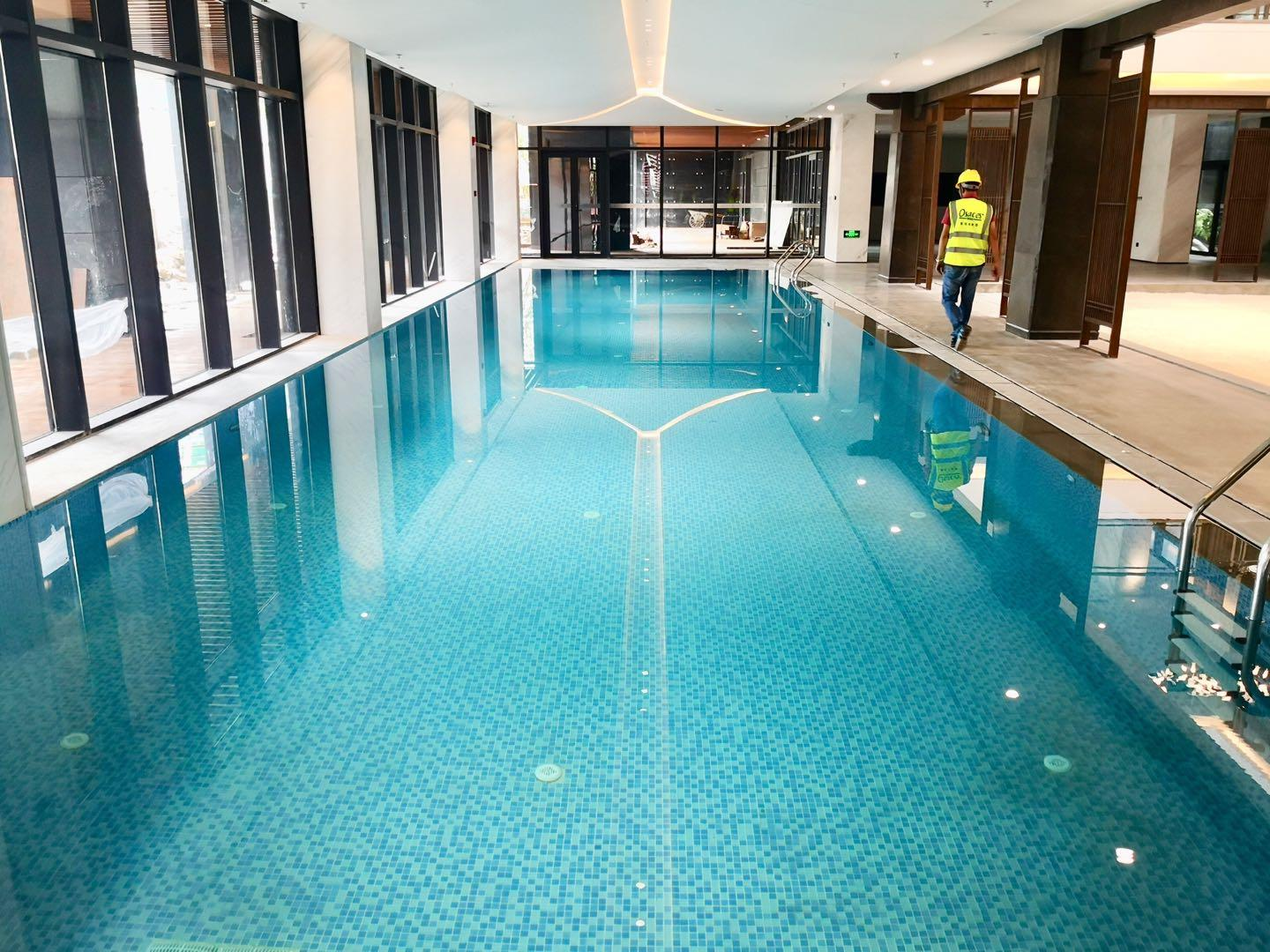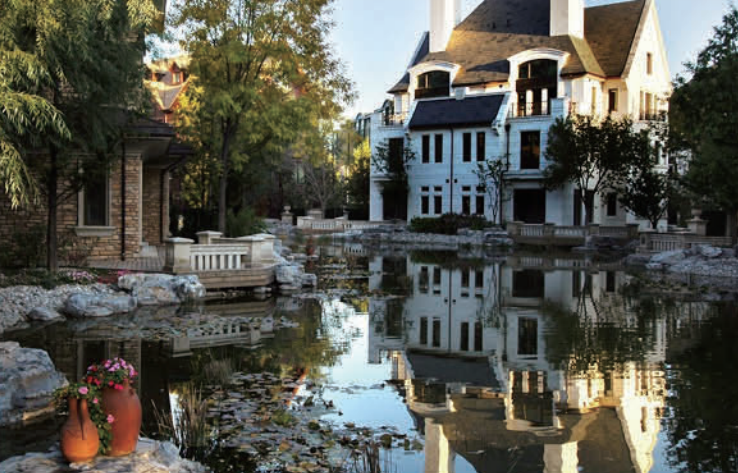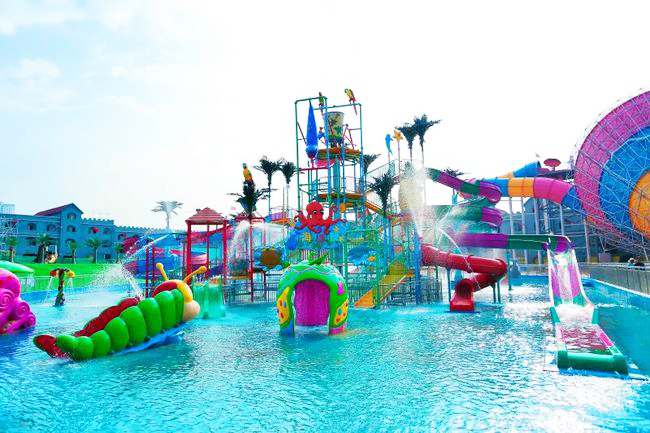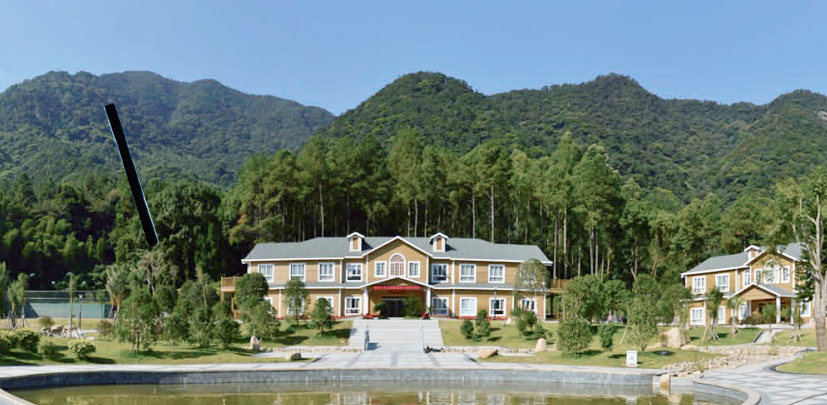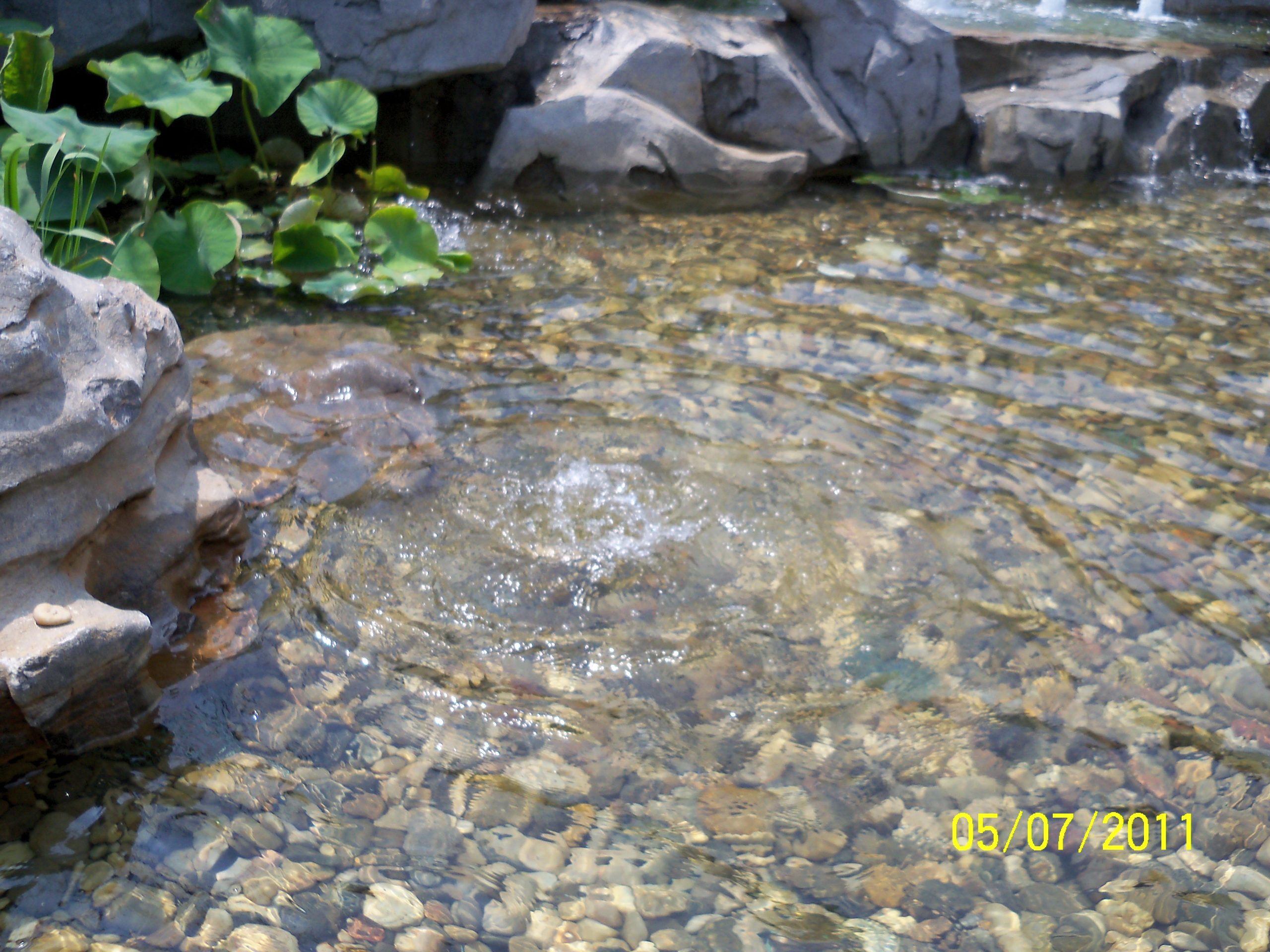common problems
contact details
 Ollies (Guangzhou) Recreation and Sports Equipment Co.
Ollies (Guangzhou) Recreation and Sports Equipment Co.Tel: (020) 82686289
Fax: 020-82694853
Headquarter: No.31-37, Xincun 2 Road, Shangjiang North Street, Dongzhou Village, Xintang Town, Zengcheng City, Guangzhou, Guangdong, China
Why don't fish freeze outside in the north?
Knowing that the year is cold, another winter. Temperatures are gradually dropping, and heating has begun in the north. Many fish lovers transfer their fish indoors for temporary storage, and then move them out in the coming warm spring. So, how do the fish in the northern ponds, rivers or lakes survive the winter?
Northern waters will freeze in the winter, the further north the colder the climate, the longer the water surface will freeze. Not long ago, I saw this news on the Internet:
A woman in Harbin, Heilongjiang raised some fish in a tank in her small yard. In order to save money on electricity, she usually turned on the electric boiler only at night. However, on the night of November 23rd, she found that the fish tank froze as the temperature dropped to minus 29 degrees. The woman struggled to open the frozen tank and put the fish into the warm water, but fortunately they did not die.

Many people find it strange that, according to common sense physics, the temperature of an ice-water mixture should be zero degrees, which should cause fish to freeze to death. This question is actually quite representative of the fact that in some cold regions, lakes and rivers often freeze over, but fish can still survive the cold winter months peacefully until the ice melts. So how do fish survive in the cold?
Water has the highest density at 4°C(math.) genusThis is a very important physical property of water.
In the fall, the air and water temperatures slowly decline, close to 4 degrees Celsius, following the "thermal expansion and contraction" characteristics - as the temperature of the water decreases, the density of the water will increase, down to 3.98 ℃ above zero, the density of pure water reaches its maximum value. Under the action of gravity sink to the bottom of the pond. And when the surface of the water temperature below 4 ℃ to continue to decline, the density of the surface layer of water continues to decrease, due to 4 ℃ (the exact value of 3.98 ℃, we customarily rounded to 4 ℃) of the specific gravity of the largest water sinking to the bottom of the pond, and the surface layer of the density of water than the bottom layer of the water density to be low, at this point, the surface of the temperature of the water is relatively low, will not sink to the bottom of the pond, has been in the surface layer of the body of water, until the icing.
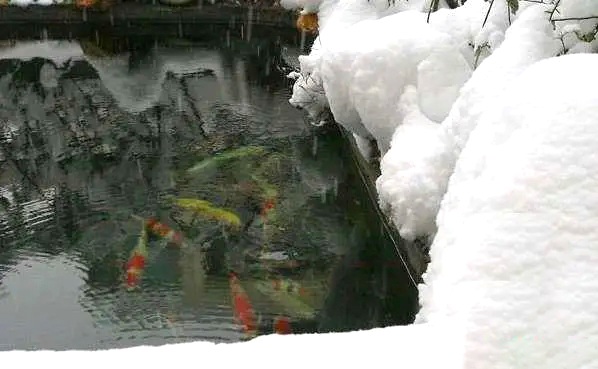
As the 4 ℃ water sinks to the bottom of the pond, this gives in the bottom of the pond to the overwintering fish to provide a water temperature suitable environment, overwintering, the fish in this layer of water within the activities, although the thick ice looks very cold, but in fact, it is more like a natural large quilt, for the fish to provide thermal insulation effect. Unless the entire water is completely frozen into a sheet of ice, the fish inside will not freeze to death.
In 2017, scientists from the University of Liverpool in the United Kingdom published a study in the journal Nature Scientific Reports in which they found that goldfish and carp in glacial lakes in Northern Europe can survive for four or five months under the oxygen-deprived ice cap, comfortably surviving the long, cold winter.
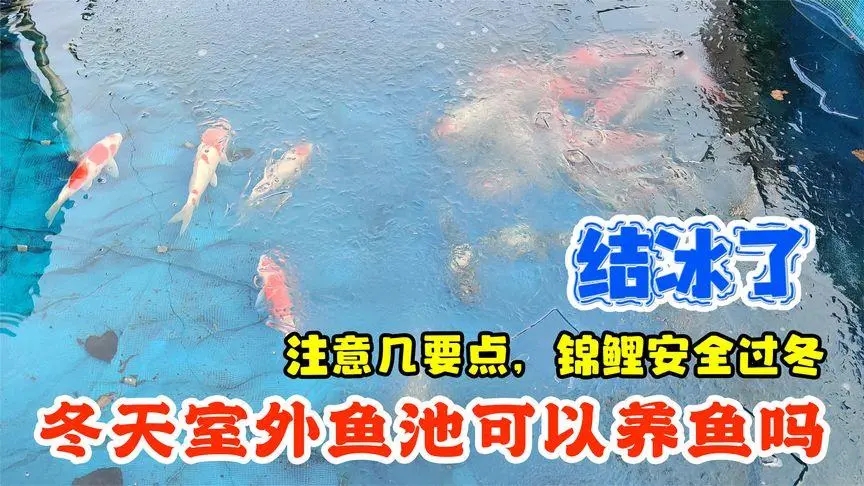
After a long period of research and experimentation, scientists have discovered that most animals have a group of proteins in their bodies that deliver carbohydrates to the cell's mitochondria for energy. However, in the absence of oxygen, the depletion of carbohydrates produces lactic acid, leading to lactic acidosis, which can cause death in humans and most animals within minutes of oxygen deprivation.
However, this study also showed that the carp's close relative, the koi, did not evolve this protein system, so although koi can tolerate hypoxic environments, they die quickly under severe oxygen deprivation. Does this mean that koi are less able to survive winter in an oxygen-deprived outdoor environment compared to goldfish?
Related content
- Homeostatic regulation of fish pond water quality: a systematic solution based on nitrification kinetics and nutrient thresholds
- Koi Pond Maintenance and Protection Guide during the Rainy Season | The Veteran Driver's Handbook of Dampness and Disease Prevention
- Pool water circulation system maintenance guide, goodbye to cloudy water quality to create four seasons of translucent "liquid sapphire".
- From zero to professional: a complete guide to pool equipment configuration that even a beginner can understand
- The Golden Ratio of Swimming Pool Ventilation and Dehumidification Systems: The Balancing Act of Airflow, Humidity and Energy Consumption
- Specific benefits of dehumidifiers for new swimming pools
- Industrial solutions for fish pond water quality management: How to break through the bottleneck of traditional operation and maintenance of filtration systems?
